Little did I know that just a couple of weeks after writing this post, the topic of staying active and finding practical ways to keep ourselves occupied, would be so relevant. I think now more than ever, we need to step away from our phones and concentrate on activities that help our mental health, rather than hinder it.
Smartphone overuse and addiction are real.
How many times have you scrolled through Instagram in the last hour? I bet you’ve done it without even thinking about it, and can barely remember what you looked at.
While having constant access to social media, streaming services and online shopping might seem convenient, it’s all taking a toll on our mental well-being. We’re connected to everything 24/7. We can binge-watch the latest Netflix series over the space of a weekend and have items delivered the same day by Amazon.
For many, staring at the screen on our phone is the first thing we do each morning and the last thing we do each night. Compulsively checking text messages, emails and social media has become second nature, as we’ve developed an innate fear of missing out on something – or FOMO as it’s more commonly known.
In 2017, a survey by Deloitte showed that 41 million people in the UK either owned or had access to a smartphone. Over half of the people surveyed admitted to using their phone while walking, and 4.5 million people even admitted to using it while crossing the road. A quarter of 16-19-year olds also said they responded to messages they received in the middle of the night.
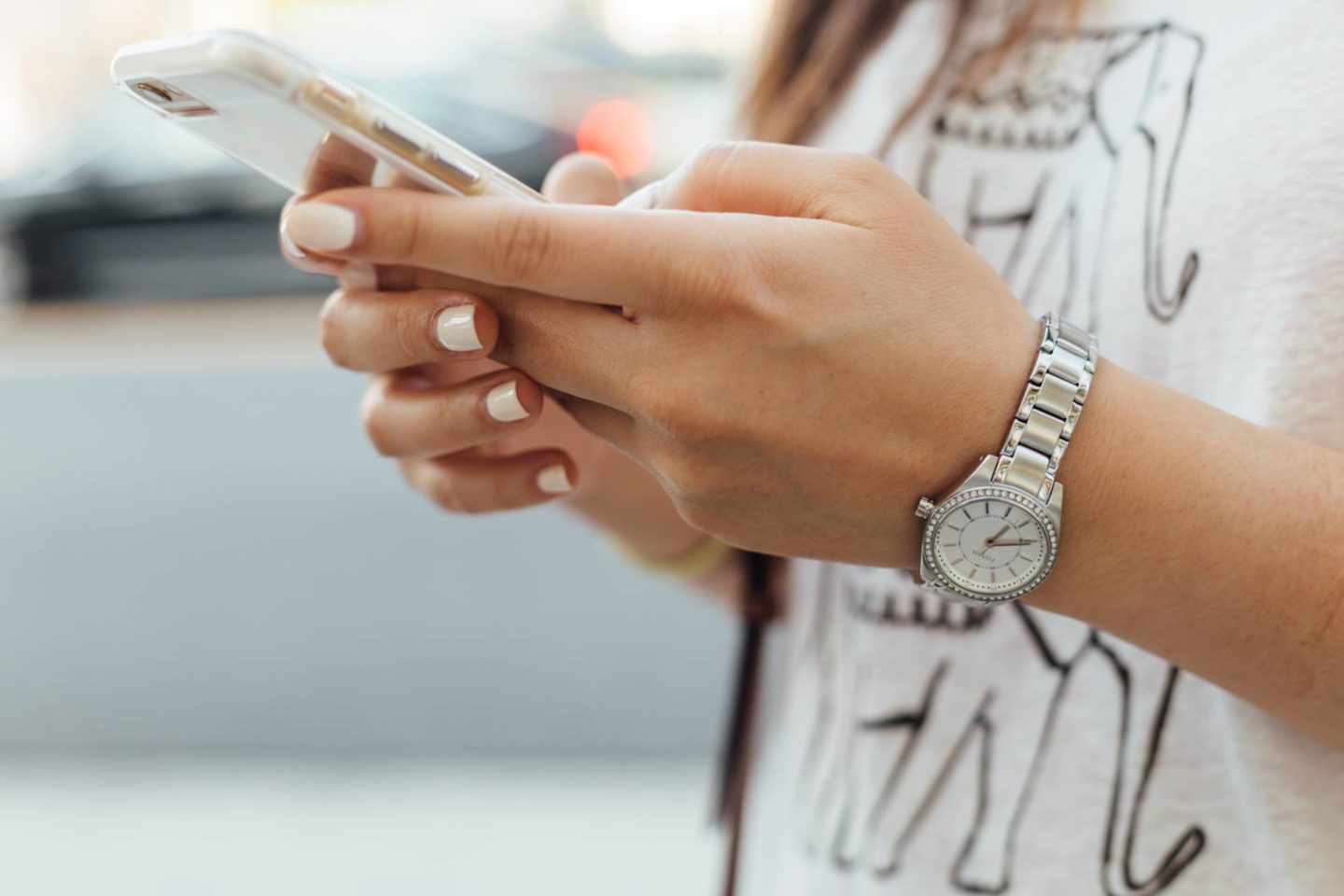
Photo by Paul Hanaoka on Unsplash
Smartphone Overuse is Linked to Anxiety
These are scary statistics, but it just goes to show that smartphone addiction is no joke. We hop online to quickly look something up and an hour later we’re still mindlessly scrolling, falling down the social media rabbit hole, forgetting what we were originally looking for.
Separation anxiety is no longer a term just associated with new mums leaving their child for the first time. It’s a recognised condition for people who accidentally leave their phone at home, and it even has its own name: Nomophobia.
With the internet in our pocket giving us access to everything from pizza delivery to booking a holiday, smartphone addiction is causing many unwelcome side effects, including depression, loneliness, sleep disturbance and anxiety.
Lack of Social Interaction
Working in a health club within the hospitality industry, I see this daily.
Couple’s sitting in a coffee shop ignoring each other, engrossed in their phone rather than interacting with one another. Parents choosing to surf the internet instead of pushing their child on a swing. Occasionally they shout a random comment, without even looking up from their phone.
There’s even a hashtag that’s been created for social media. #lookup encourages us to immerse ourselves in the world around us, look up from our phones, be present in the moment and marvel at our surroundings. It invites us all to be more connected, more creative and more compassionate.
Noticing the Signs of Smartphone Overuse
With stress and anxiety levels at an all-time high, it’s more important than ever before to step away from our digital devices and immerse ourselves in other activities instead.
If you feel like you might be suffering from smartphone addiction or smartphone overuse, try to notice the signs throughout the day. What makes you reach for your phone? Is it out of habit? Are you really looking for something, or are you just mindlessly scrolling? Do you pick up your phone when you’re stressed or agitated?
Do you feel anxious if you don’t check your email or social media? If you do decide to pick up your phone, how do you feel afterwards? Do you feel like you’ve satisfied a craving, or do you berate yourself for wasting 20-minutes?
No-one’s asking you to go cold turkey and ditch your phone altogether, just be mindful about how you’re feeling. Ask yourself if your time could be spent doing something more productive instead.
6 Activities to Help with Smartphone Overuse
If you find yourself craving some calm throughout the day, try and take a short break from what you’re doing. Be mindful of how you’re feeling, step away from your phone and immerse yourself in something else.
Introduce other activities into your day and gradually increase the time in which you’re not using your phone. If you think you’d benefit from some downtime, here are six ways in which you can switch off and start finding peace in an overstimulated world.
Read a Book
The aim here is to remove yourself from digital distractions and mindlessly scrolling through social media or the internet. Avoid using a reading app on your phone as it can be too tempting to see what else is going on.
Read a physical book, an e-reader or a magazine. Whether you’re into fiction or autobiographies, technology or travel, making a cup of tea and finding a comfy spot at home (or in a coffee shop), is a great way to relax and unwind.
Reading comes with many health benefits, and just 20-minutes a day can help reduce the risk of Alzheimer’s, help to maintain a strong, healthy brain and reduce stress.
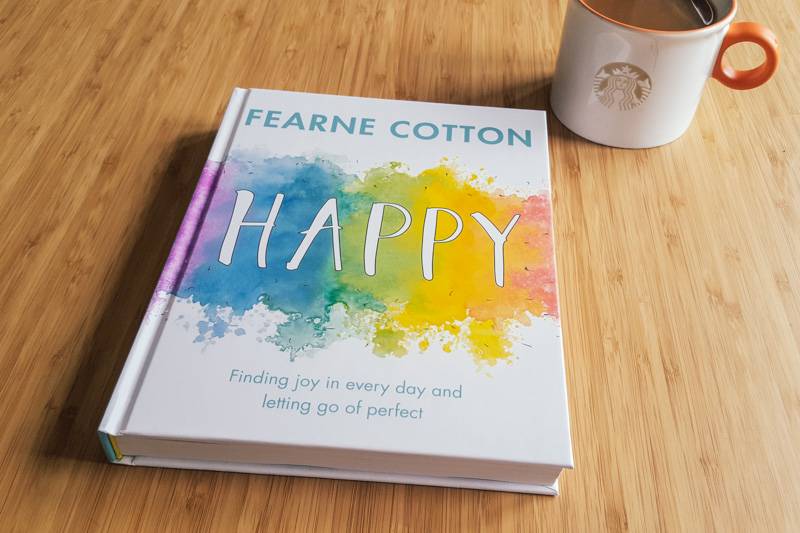
Get Some Fresh Air
At the moment, if you follow social distancing guidelines set by the government, you’re still allowed to go outside to exercise – but this could change at anytime.
Spending just 10-minutes outside can leave you feeling refreshed and better equipped to deal with the challenges of everyday life. You could go for a short walk or visit a local park.
If you have a dog, you’re onto a winner. You can grab your four-legged friend for company and explore somewhere together.
Just remember to be present in the moment. Leave your phone in your pocket and be aware of your surroundings instead. You’ll be surprised by the things you see, noticing the new in the familiar.
If you don’t have time to go for a walk, try taking a few short breaks throughout the day by sitting outside instead.
Being outside is one of the best ways to switch off from the digital world. It’s been shown to reduce blood pressure, increase happiness, strengthen the immune system and have a positive effect on our overall mental health.

Get Creative
What do you enjoy doing? Writing, drawing, sewing, painting? You don’t have to be good at it, you just need to enjoy it. Creative activities are great for getting lost in. If you find yourself immersed in something, where time slips by without you even noticing – this is your ideal escape from the digital world.
Being creative and getting lost in the zone, comes in a variety of wonderful forms. You don’t have to make a physical item, like a cushion. You might be a budding artist; in which case you could paint a still life scene or draw a picture.
It might be you fancy yourself as the next Stephen King. Set yourself a target of writing 500 words each day or writing for a certain amount of time. It might be 20-minutes, or it might be an hour. Set yourself a goal that’s achievable and enjoyable.
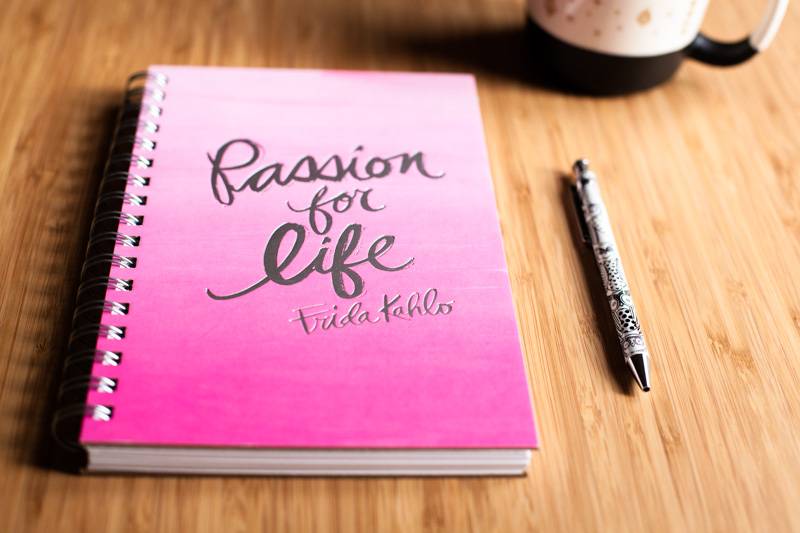
Learn a Musical Instrument
It’s never too late to start something new. Remember when you were a teenager, destined to be in a rock band, but never got around to it? You could start now. You might not be the next Dave Grohl but learning a musical instrument can be very rewarding.
Just like reading and spending time outside, it also comes with many health benefits, including helping to reduce stress, improving memory function and keeping your brain strong.
There’s also a sense of achievement that comes from learning a musical instrument, or any new skill.
Mindful Colouring
When adult colouring books first hit the scene, they weren’t taken seriously. But there’s a reason why they ended up being so popular. They promoted mindfulness, which is about being present in the moment and colouring is also a great way to calm the mind.
You don’t need any special talents or expensive equipment, and you can dip in whenever you feel like it. Even a short 10-minute break will do wonders for your mindset. Just grab yourself a colouring book and packet of coloured pencils and you’re good to go.
Physical Activity
The health benefits of including physical activity in our daily lives are huge. Exercising releases hormones called endorphins, which are sometimes referred to as ‘feel-good’ hormones. They help us deal with stress and boost our mood, making us feel happier.
Running is especially good for releasing endorphins and more experienced runner’s even experience something called runner’s high. This is a feeling of exhilaration or euphoria, where you feel like you could just keep running and running. It’s otherwise known as being in the zone.
Whether you join a gym, work out in your living room, or take up running – exercising is a great way to keep your body strong and healthy, improve your mental health and deal with stress and anxiety.
Starting your day with at least 30-minutes of exercise will leave you feeling energised and refreshed, ready to tackle anything that comes your way. Use this time to put your phone away, so you’re not tempted to look at it during your workout. I relish this time of day without any distractions.

Final Thoughts on Smartphone Overuse
Smartphone overuse and addiction are real, but just like any addiction – you first need to acknowledge that you have a problem.
You also might want to ask yourself why you’re finding it difficult to spend time away from your phone. What purpose does it serve? What gap is it filling for you? Is it a way to escape real life situations?
If you’re thinking about reducing the amount of time you spend on your phone, you need to do it for yourself, not other people. Just like giving up smoking or losing weight – you’ve got to do it because you want to – not because other people tell you to.
Find an emotional attachment to why you want to reduce your smartphone usage. You might want to spend more time with your kids and do active things as a family. It might be that you feel it’s affecting your mental health.
If you feel like your phone is starting to take over your life and you struggle to put it down or be separated from it – do it in stages. Step away from it a few minutes here and there. Leave it another room while you eat your lunch.
Just like mentioned above, you can always start engaging in other activities. Find practical things to do and figure out what activities you like that don’t involve using your phone.
If you’re struggling and think you might need to talk to someone, don’t be afraid to reach out to a counsellor. They deal with a wide range of issues and will be able to help you get to the bottom of why you’re so attached to your phone.
Please visit the BACP or Counselling Directory to find a counsellor in your area.

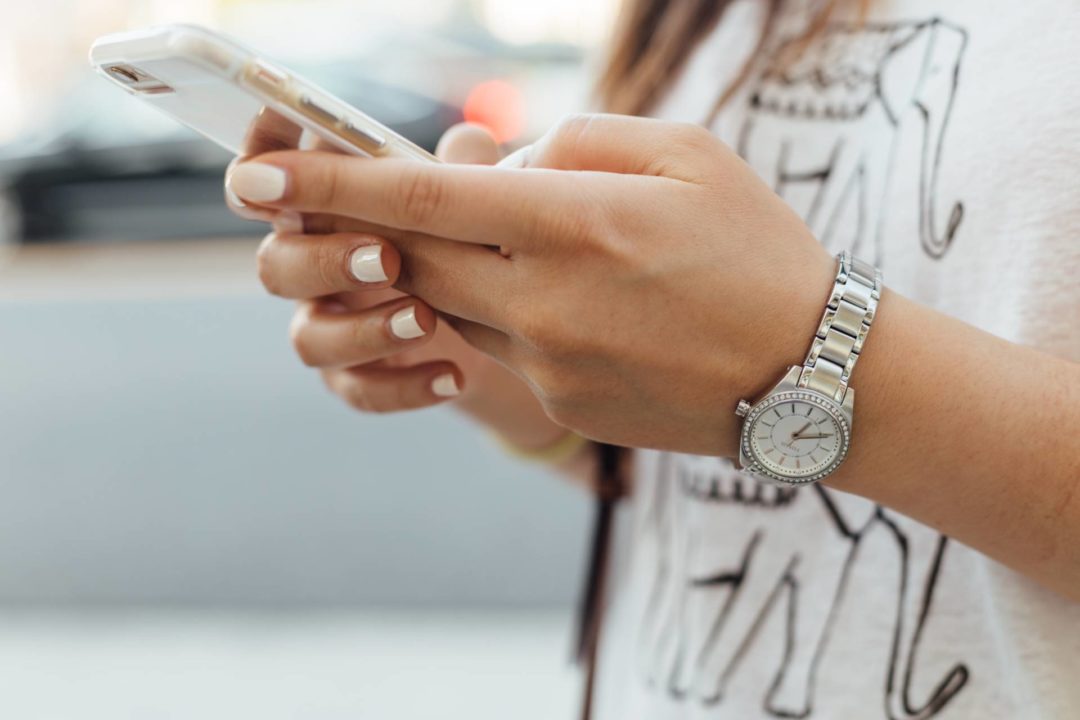


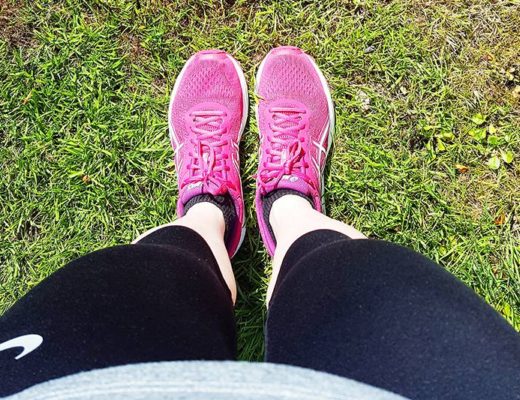

No Comments